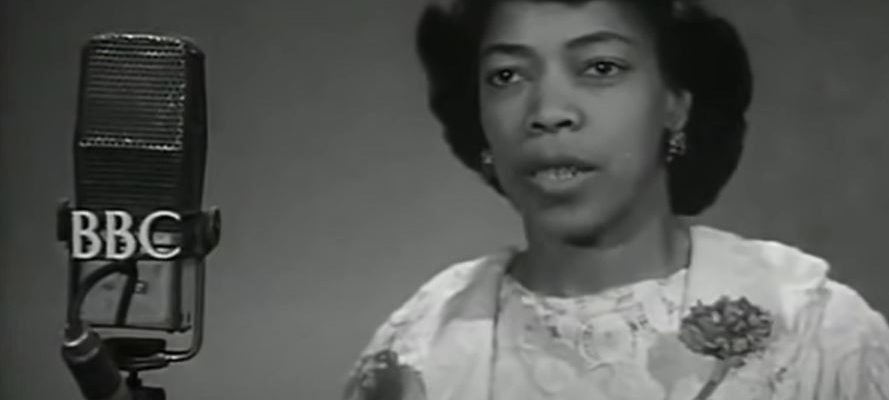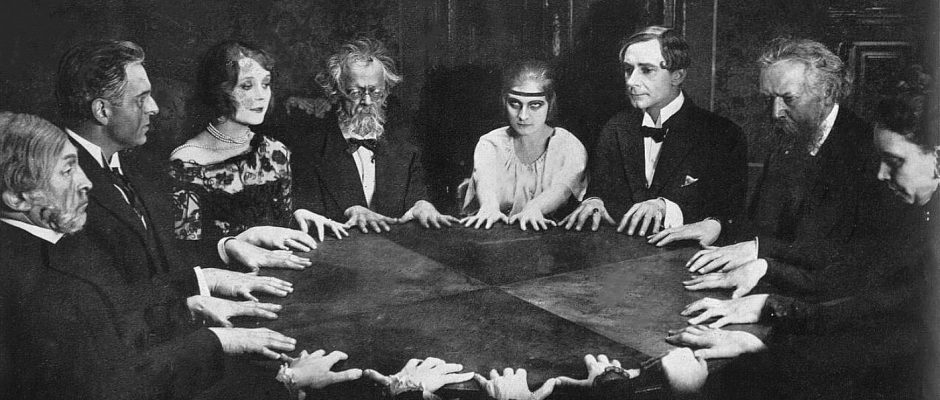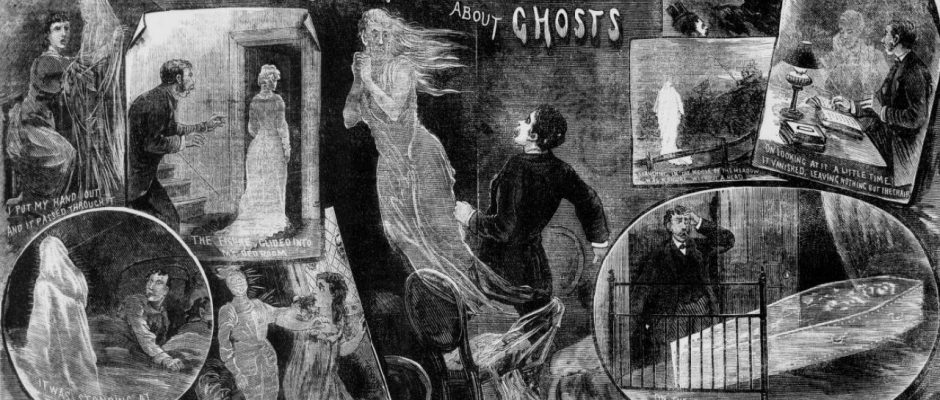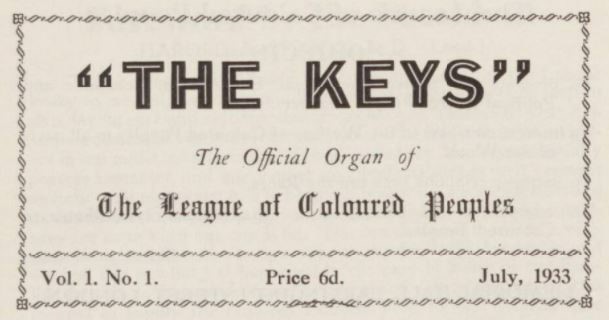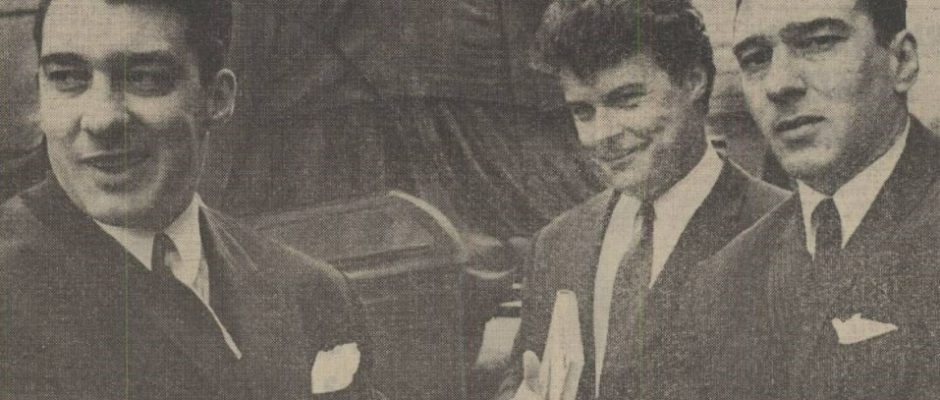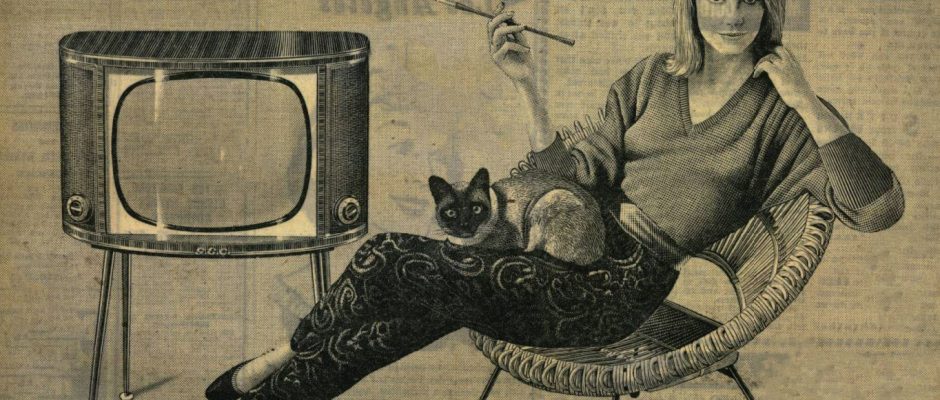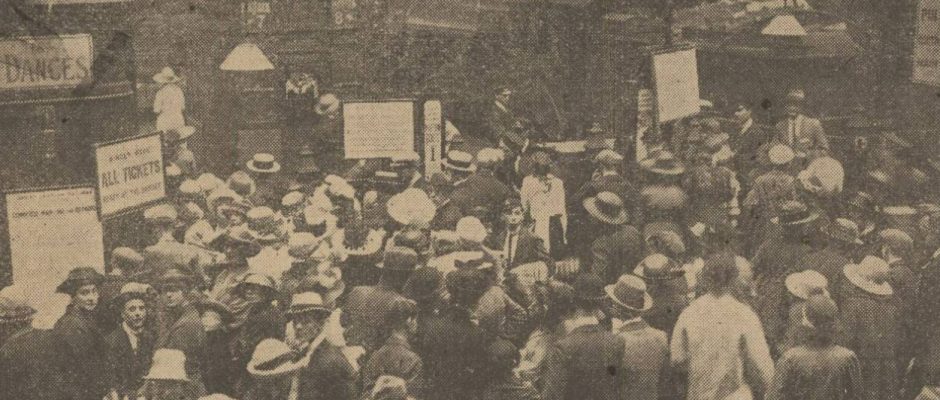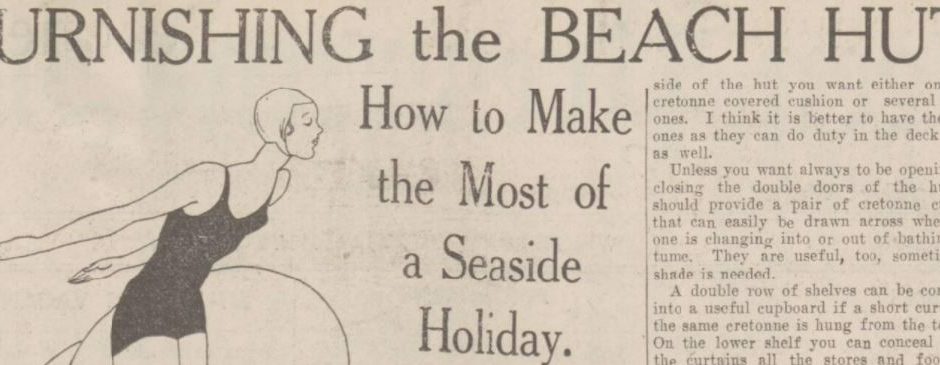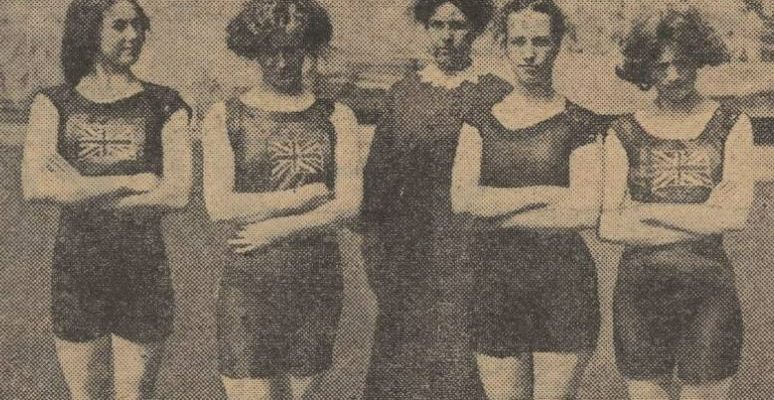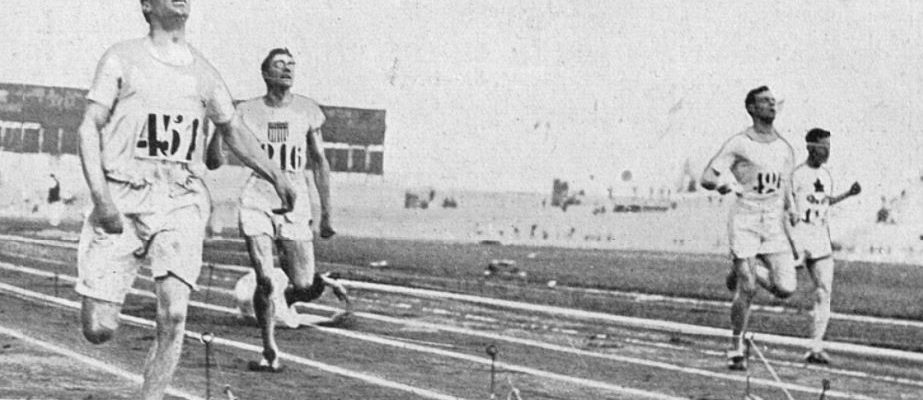We are taking a deep dive into the work of Una Marson. Marson was one of Jamaica’s most influential poets, broadcasters, and activists. She was a feminist pioneer and the first Black woman employed by the BBC. She was also the first Black woman to have her play performed in the West End and the first Black woman to attend the League of Nations. One blog post cannot do justice to her incredible career, but we hope to use The …
Headlines from History
…the credence in the phenomena of Spiritualism is very general. In fact, it is popular. Belief is common. It is widespread. It exists amongst all sorts of people, from the highest to the lowest. You find it in Mayfair and you find it in the remotest village. from ‘The Popularity of Spiritualism,’ The Globe, 29 December 1919 By the end of 1919, belief in Spiritualism was ‘spreading like wildfire.’ Spiritualism is defined as a relatively modern religion that is based on …
Tags
With spooky season now upon us, we thought we’d scour the pages of The Archive to find some of the most spine-chilling ghost stories ever published in our newspapers. So settle in and prepare to be scared by tales of ghostly armies, inexplicable apparitions and portents from the afterlife, all of which have been featured in the pages of the newspapers to be found on The Archive. Want to learn more? Register now and explore The Archive 1. An Army …
Tags
Quarterly journal The Keys was first published in July 1933, with Jamaican-born Doctor Harold Moody as its editor. ‘The Official Organ of the League of Coloured Peoples,’ it aimed to address ‘the racial misunderstanding’ that was prevalent in society, both in Britain and beyond. Arriving onto the turbulent political scene of the 1930s, with issues of race coming more and more to the fore with the rise of Nazi Germany, The Keys set out to impart an understanding between races, …
Tags
On Tuesday, October 24, 1933, between 8 o’clock and 8.10 p.m., Mrs. Violet Kray, wife of Charles Kray, dealer, gave birth to twin boys in their little two-up two-down house in Stean-street, Hoxton…These boys were later to create an empire formed by fear, extortion, protection, torture and finally, murder. This March 1969 Daily Mirror article of course refers to the Kray twins, Ronnie and Reggie, the most notorious British criminals of the 1960s. Feted by celebrities, chased by authorities, the Kray twins were …
Tags
This September at The Archive we will be taking a look at all things 1960s, from the culture of a decade that changed everything – fashion, music, film – to its key events and figures. And in this special blog we will be looking at the ten television series that we believe shaped the decade. At the beginning of the 1960s, three quarters of the population of Britain had a television. By 1964, only four years later, that number was …
Tags
‘Up to about forty or fifty years ago travelling was a solemn act, not to be enterprised nor taken in hand unadvisedly, lightly, or wantonly,’ so writes the Belfast News-Letter in September 1888. But all of this had changed; from the inception of the railways ‘day excursions’ had become ‘entirely modern pleasures,’ the British seaside and countryside opened up to visitors who could travel there easily by train. This was the railway revolution, which opened up the seaside to ordinary, working class people. …
Tags
This August at The Archive we will be taking a look at the history of the Great British seaside, from bathing machines to bathing costumes, and today in this special blog we will explore one of the seaside’s most familiar sites: the beach hut. The Sphere | 30 November 1957 Using our newspapers, we will take a look at how the beach hut became popular, and how in the 1920s and 1930s newspaper columns brimmed with advice on how to furnish …
Tags
In 1900 women were allowed to compete in the modern summer Olympic Games for the very first time. The first woman to win an individual gold medal at the summer Olympic Games was British tennis player Charlotte Cooper Sterry, winner of five Wimbledon titles, on 11 July 1900 in Paris. Want to learn more? Register now and explore The Archive And so, in this special blog, we will take a look at the achievements of the likes of Charlotte Cooper …
Tags
Nearly one hundred years ago athletes Harold Abrahams and Eric Liddell took the Olympic Games and the world by storm, their heroics on the track immortalised in the 1981 film Chariots of Fire. But how were Abrahams’s and Liddell’s record-breaking feats reported on in the newspapers of the time? Were they celebrated in, say, the same way we celebrate our sporting heroes of today? In this special blog, we will explore the headlines behind the real Chariots of Fire, and in the …


